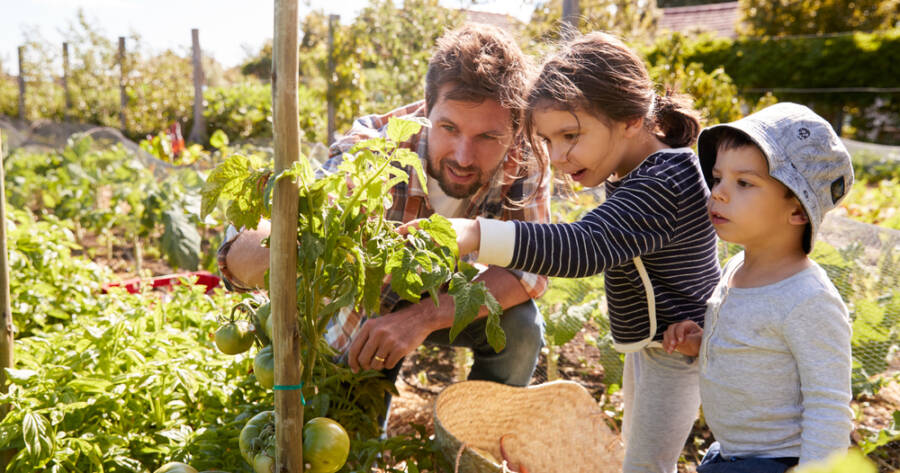Sustainable gardening transforms personal green spaces into eco-friendly havens that support broader ecological balance. Through efficient water usage, fostering biodiversity, and using natural materials, gardeners can significantly impact environmental health. Embracing sustainable practices not only enhances local ecosystems but also fosters community involvement, promoting long-term ecological well-being.
Sustainable Gardening: Creating an Eco-Friendly Outdoor Haven
Creating a sustainable garden not only enhances personal green spaces but also supports broader ecological balances. An eco-friendly garden emphasizes organic methods to grow plants, watering efficiently, and constructing environments that welcome beneficial insects and animals. These practices enrich the local ecosystem and contribute to water conservation, reducing waste, and nurturing biodiversity. Adopting native plants specifically supports local fauna, requiring less irrigation and thus, conserves water effectively as part of eco-friendly gardening. Choosing native and diverse plant species can help adapt the garden to local climatic conditions while supporting wildlife.
Efficient Water Usage and Smart Practices
Water conservation remains a key priority in sustainable gardening. Methods such as rainwater collection and using greywater for irrigation drastically reduce wastage. Implementing efficient systems like drip irrigation further minimizes evaporation losses, ensuring water reaches where it’s most needed, promoting both plant and environmental health. Practices like watering in the morning when evaporation is lower are also vital strategies for conserving resources. Mulching not only conserves soil moisture but also provides an insulation layer that keeps root temperatures stable and weeds at bay.
Fostering Biodiversity and Reducing Carbon Footprint
Gardens play a crucial role in enhancing biodiversity and reducing the carbon footprint. Reducing traditional lawn areas in favor of native vegetation minimizes carbon-intensive landscaping chores. Organic gardening practices eliminate synthetic pesticides and fertilizers, fostering an environment that supports pollinators and wildlife, contributing to ecological health by providing habitat. Incorporating perennial plantings is another effective strategy to store carbon and offset carbon dioxide emissions, reinforcing sustainable garden practices.
Utilizing Natural Materials in Sustainable Gardens
The choice of materials significantly affects the sustainability of a garden. Transitioning from plastic to biodegradable or renewable materials, such as bamboo or wood pulp, reduces environmental strain. Switching to peat-free composts, which is becoming a regulatory requirement in many areas, helps combat climate change by preserving carbon-storing peatlands. Redistributing unused materials, like plant pots to others, further emphasizes the eco-friendly ethos by reusing and repurposing resources.
Community Impact and Education
Sustainability extends beyond individual gardens, impacting wider community standards and environmental conservation efforts. Participating in, or initiating, community gardens and educational initiatives prompts larger eco-friendly awareness and practices. These communal efforts not only improve neighborhood aesthetics but also create localized sustainable ecosystems that nurture long-term ecological health by fostering community participation.
Why You Should Learn More About Sustainable Gardening Today
Engaging in sustainable gardening is a profound way to connect with nature while advocating for environmental stewardship. By employing water conservation strategies, selecting appropriate plants, and adopting organic methods, gardeners can significantly impact local ecosystems positively. The integration of community gardens and educational outreach can further these efforts, creating more widespread sustainable practices. These personal and collective actions not only foster ecological health but also provide gardeners with a satisfying and rewarding experience. Gardening sustainably supports biodiversity, conserves critical resources, and exemplifies practical environmental responsibility. Embrace sustainable gardening today to contribute to a healthier planet and enjoy the timeless rewards of nature.

